Your cart is currently empty!
Tag: Organic Growing
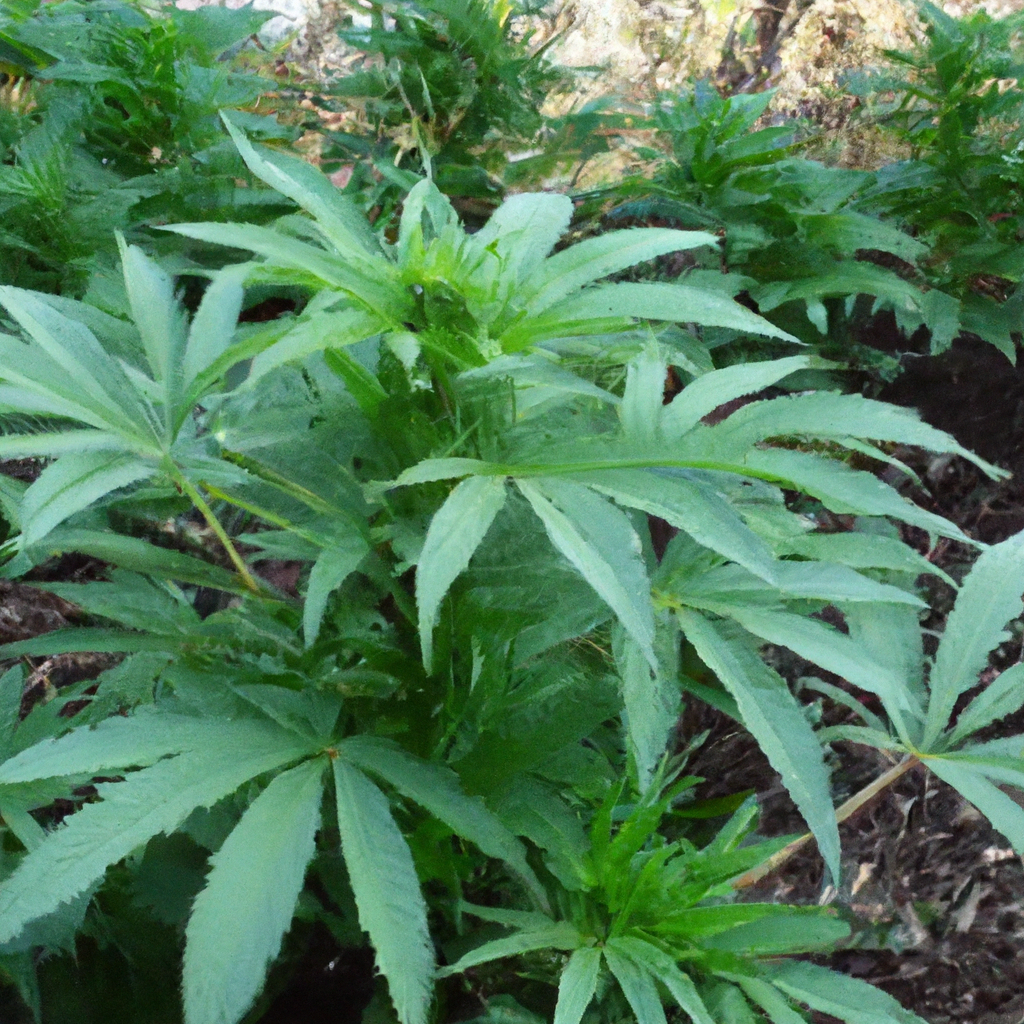
Embarking on organic cannabis cultivation offers rewarding benefits for the environment and consumers, providing healthier plants, enhanced flavors, and a reduced ecological footprint. Key practices include building healthy soil ecosystems with compost, cover crops, and mycorrhizae; using natural fertilizers like bone meal, fish emulsion, and worm castings; and employing eco-friendly pest control through beneficial insects…
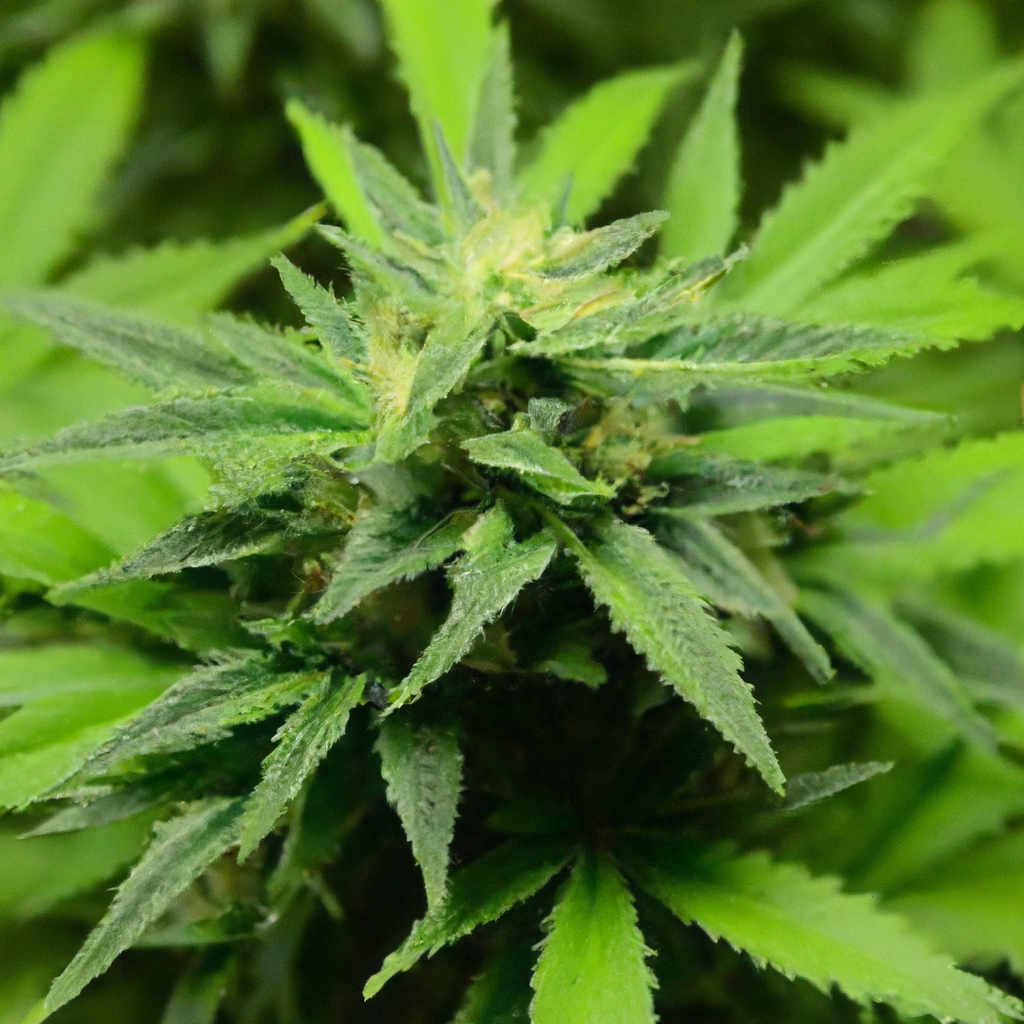
In the dynamic field of cannabis cultivation, enhancing terpene profiles is crucial for achieving rich aromatic and therapeutic quality. This article provides techniques for optimizing terpene development, focusing on ideal growing conditions such as temperature, humidity, lighting, and soil nutrients. Additionally, it covers strategic harvesting, drying, and curing to preserve terpenes. Troubleshooting tips address common…
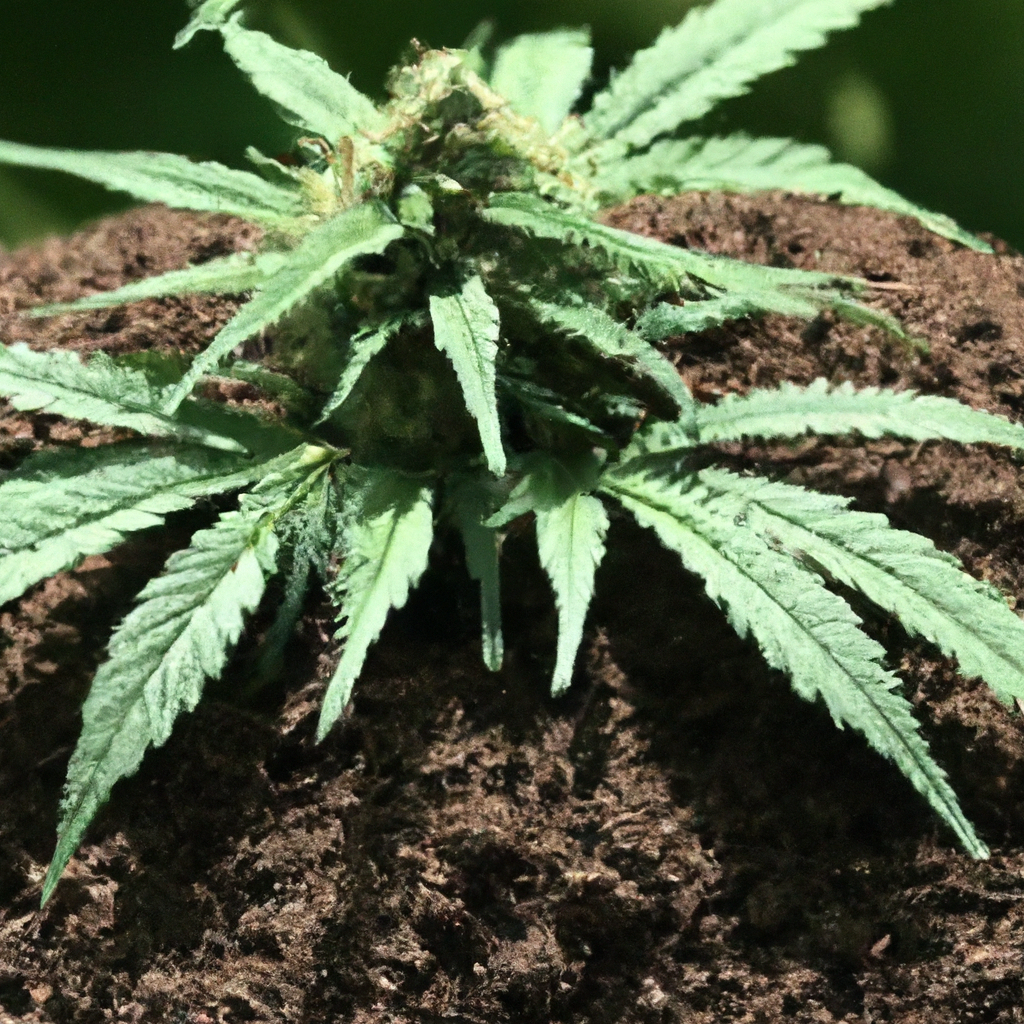
When cultivating cannabis, optimal soil is crucial for plant health and yield. This guide explores enhancing soil composition, focusing on elements like sand for drainage, silt for balance, and clay for nutrients. Key steps involve testing pH, adding organic matter, balancing drainage, and introducing beneficial microorganisms. Address common soil challenges with practices like aeration and…
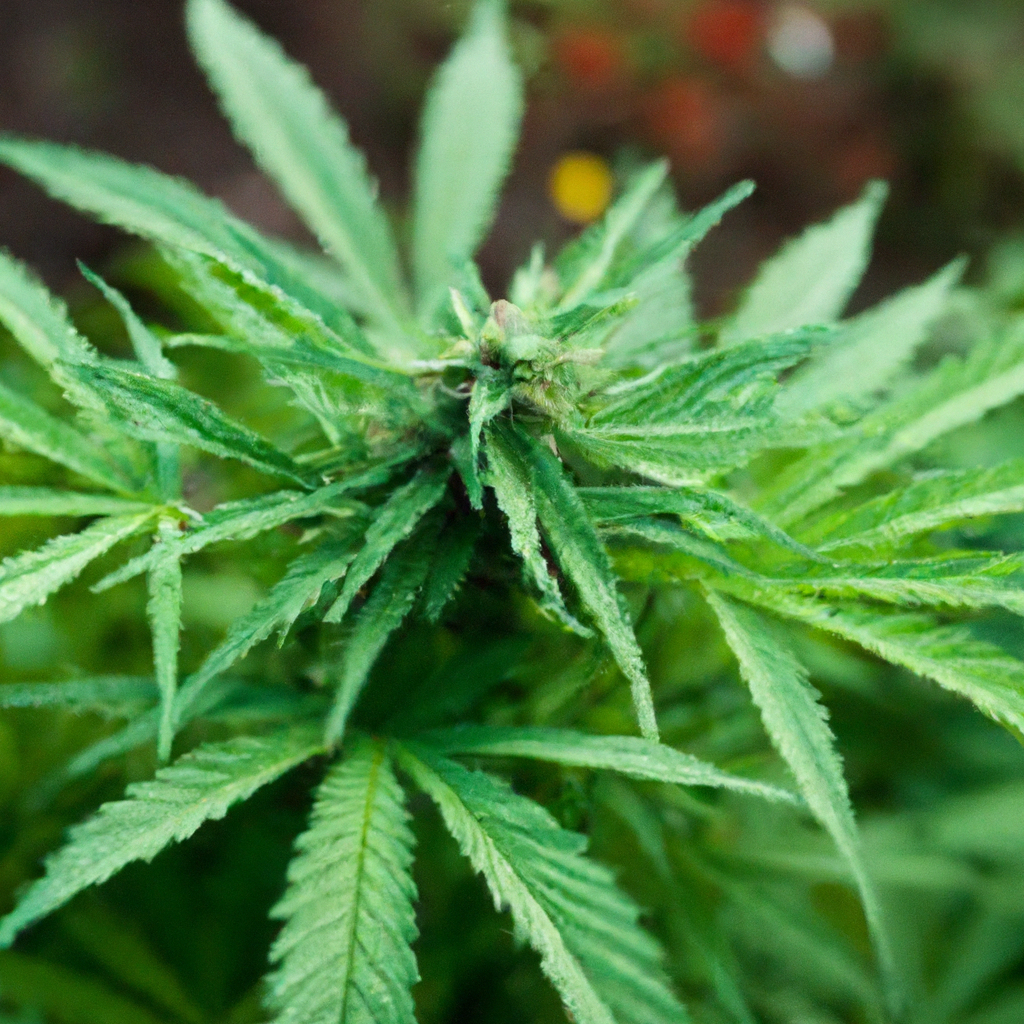
Discover the evolving world of organic cannabis cultivation, a method that enhances plant potency while minimizing environmental impact. This guide highlights sustainable practices like composting, using natural fertilizers, and adopting eco-friendly pest control methods. Learn how to foster a rich soil ecosystem, conserve water with rainwater collection, and promote energy efficiency. Embrace these techniques to…
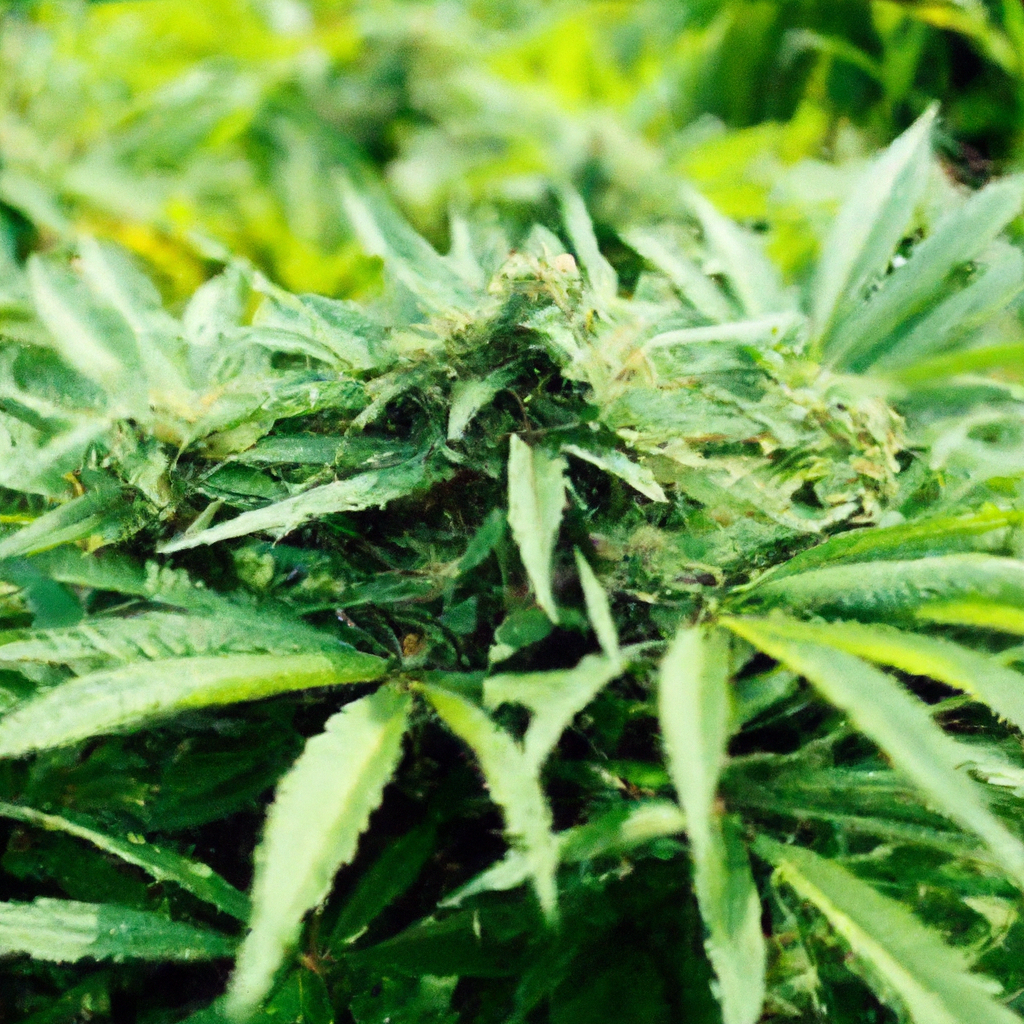
Organic cannabis cultivation is becoming increasingly popular due to its focus on environmental sustainability and personal health. This method prioritizes natural fertilizers, healthy soil ecosystems, and eco-friendly pest control. Key practices include enhancing soil health with organic compost and natural amendments, using natural fertilizers like fish emulsion to nourish the soil, and employing integrated pest…
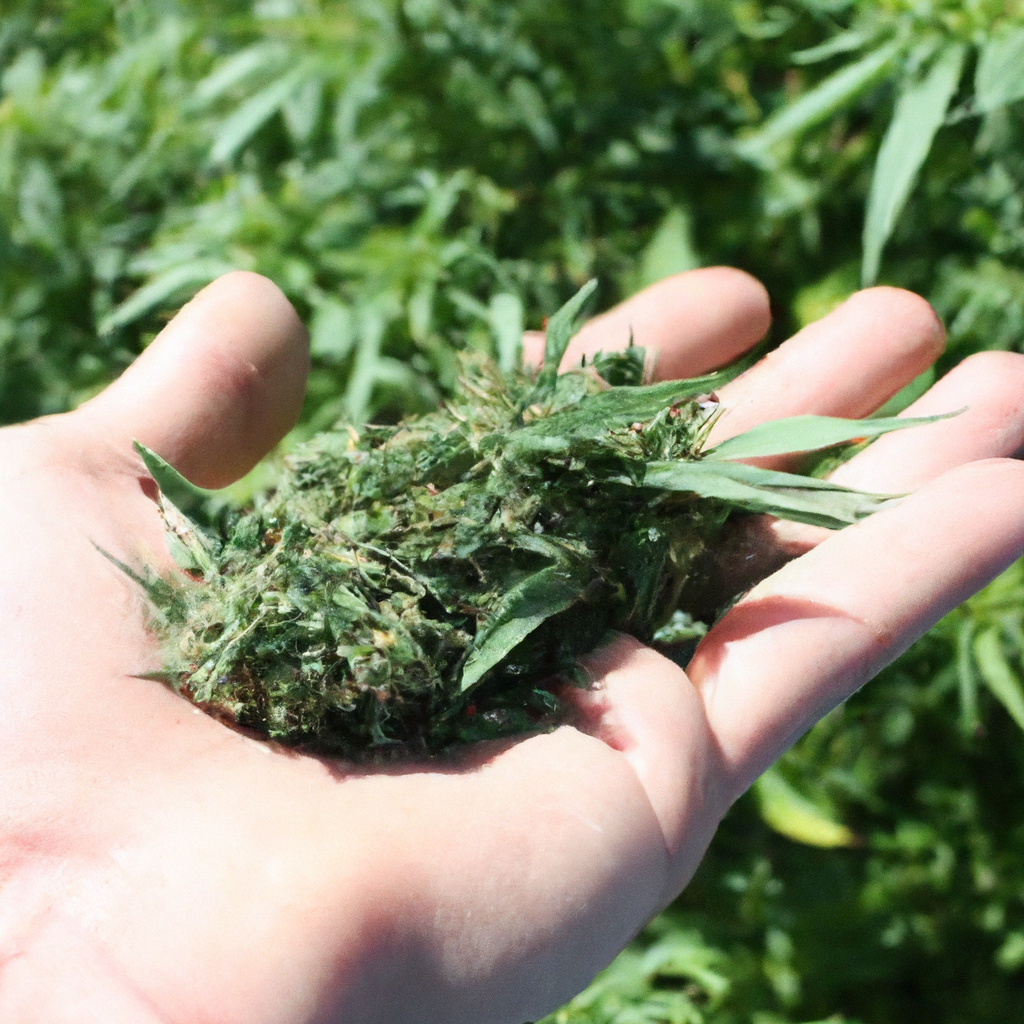
As interest in organic cannabis cultivation rises, this article delves into best practices emphasizing eco-friendly methods. Key strategies include building healthy soil through composting, cover crops, and soil amendments, using natural fertilizers like fish emulsion and bat guano, and employing organic pest control methods such as companion planting and neem oil. These practices not only…
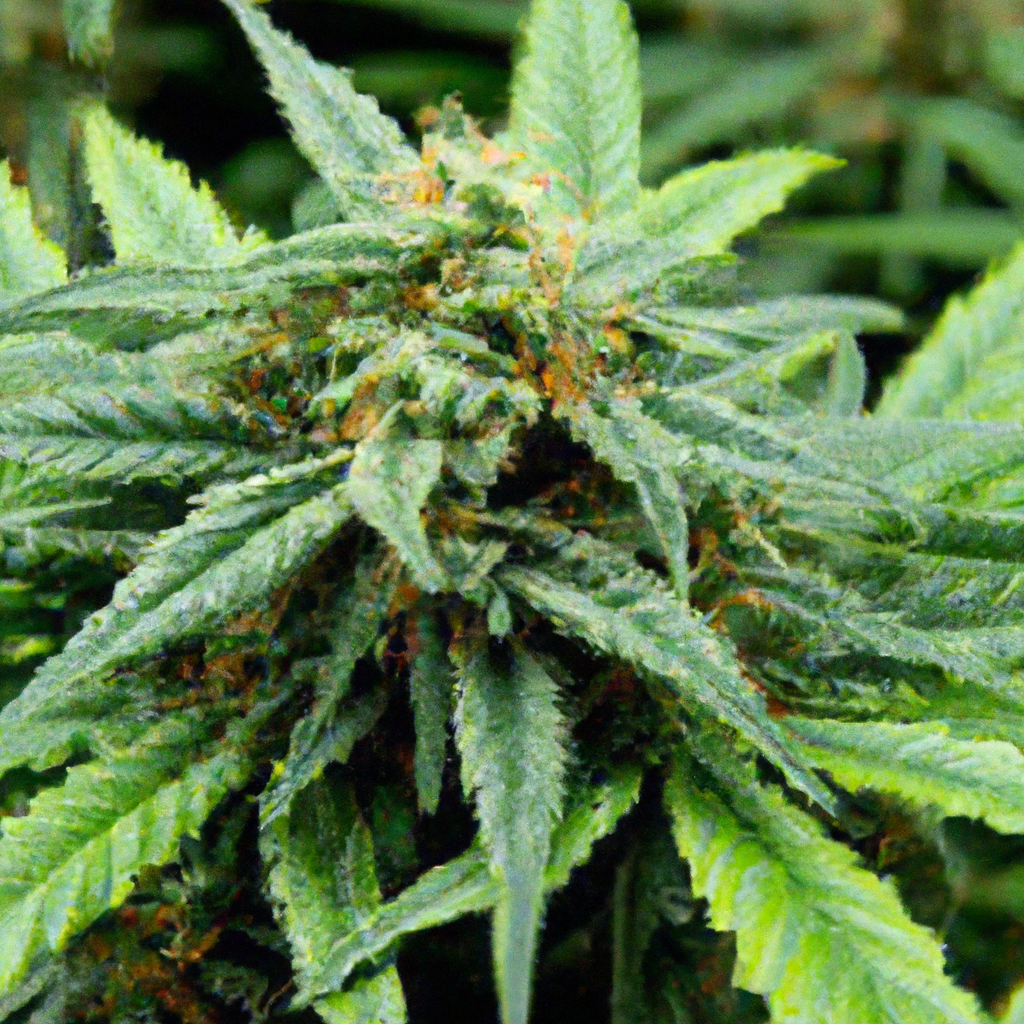
Discover the advantages of companion planting for cannabis cultivation, a technique that enhances growth and promotes a sustainable ecosystem by improving soil health and repelling pests naturally. Learn about integrating effective companion plants such as basil, cilantro, marigolds, and clover to boost your cannabis yield. This approach not only supports organic and sustainable practices but…
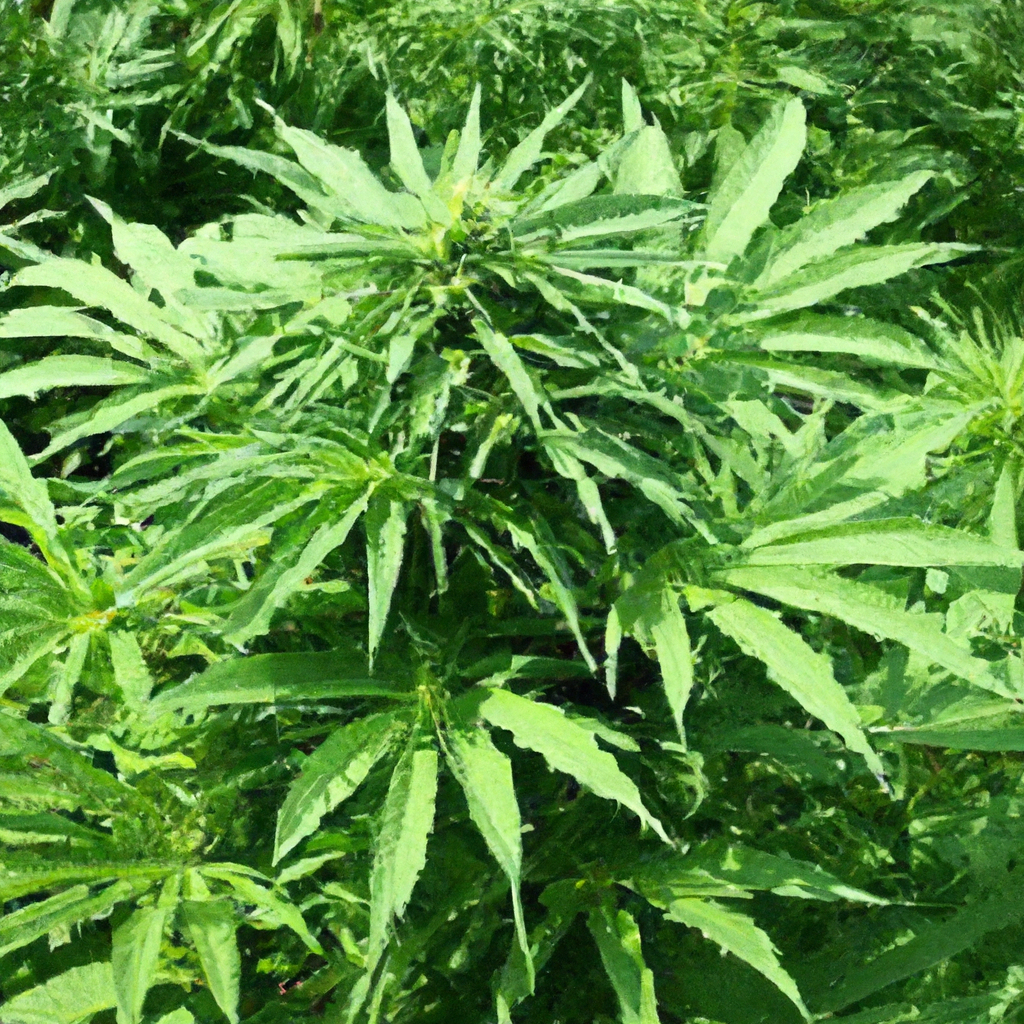
Embracing organic methods for cannabis cultivation enhances product quality and benefits the environment. By utilizing natural fertilization, composting, and eco-friendly pest control, growers can build healthy soil ecosystems without relying on synthetic chemicals. This sustainable approach fosters a balance with nature, resulting in cleaner and richer cannabis. Key practices include aerating soil, using cover crops,…
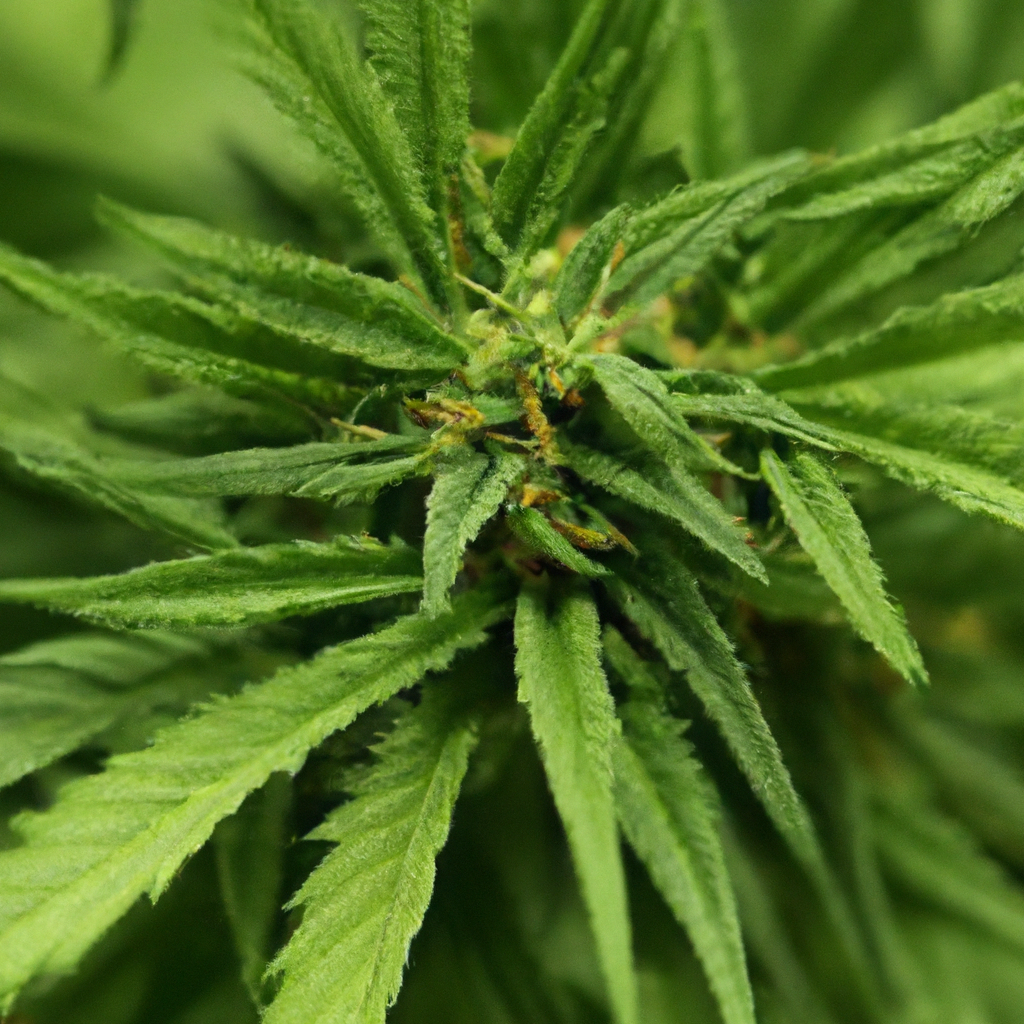
The growing interest in cannabis cultivation aligns with broader environmental trends, focusing on organic methods that promote sustainability and offer cleaner products. This article highlights key practices, such as building a healthy soil ecosystem with organic matter and microbial life, utilizing natural fertilizers like compost and green manures, and employing eco-friendly pest control methods including…
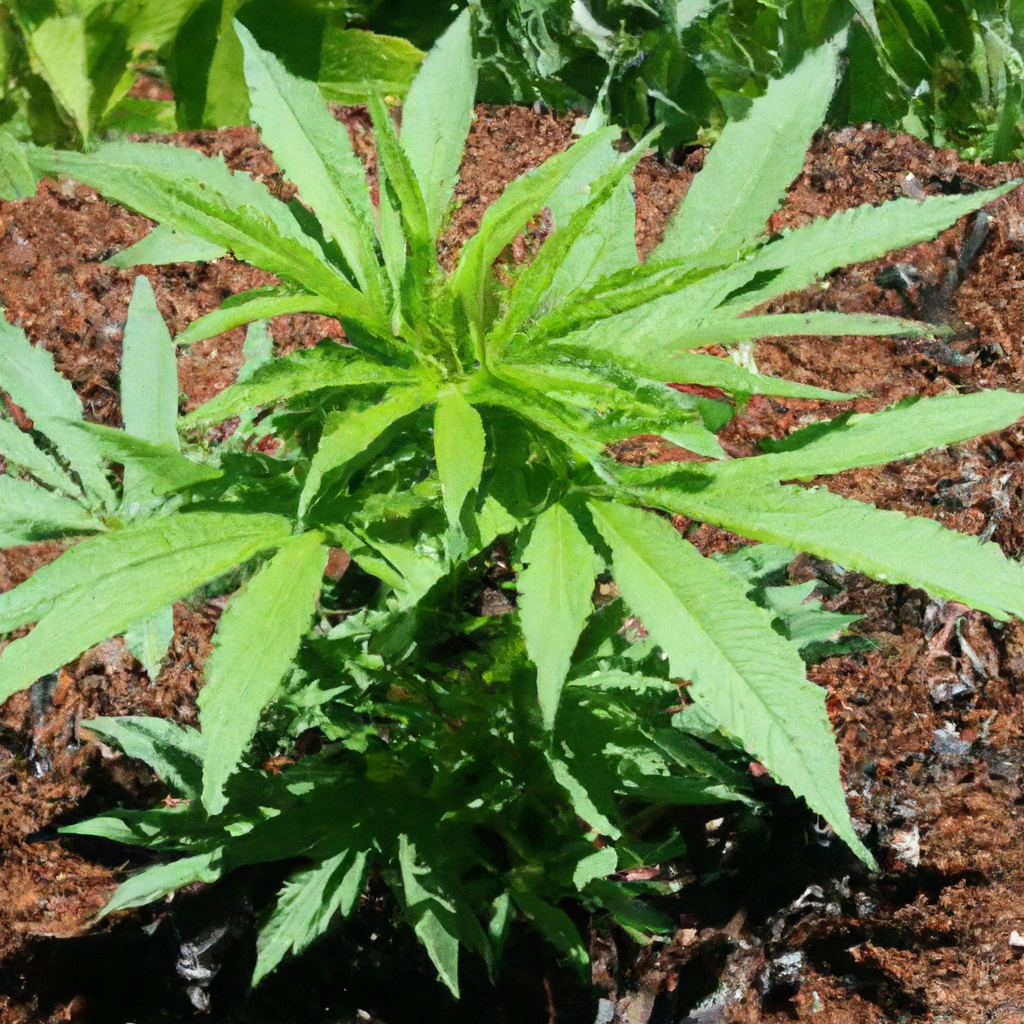
Discover the benefits of organic cannabis cultivation, as this guide delves into sustainable methods for cleaner, superior products. Focus on enriching soil ecosystems through composting, cover cropping, and mulching, while nurturing plant growth with natural fertilizers like fish emulsion, bone meal, and seaweed extract. Adopt eco-friendly pest control strategies using beneficial insects, neem oil, and…
